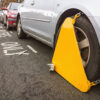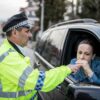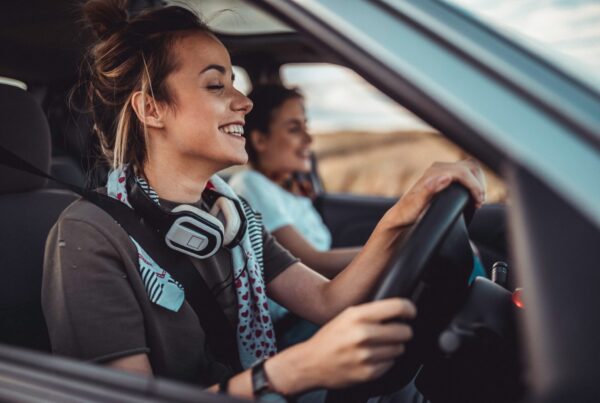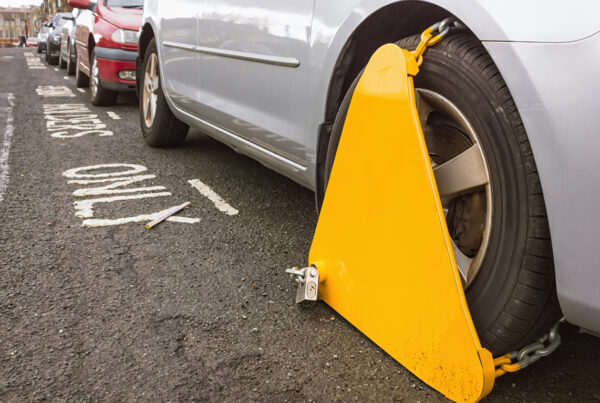Whenever we get behind the wheel, we all have a shared responsibility to take care of ourselves and other drivers sharing the road.
We can do this by getting into good habits that minimise the risk of a collision occurring. However, when a motorist adopts aggressive driving behaviours, this risk factor increases, regardless of how conscientious other drivers are being.
Sharing the road with an aggressive driver can be an intimidating experience; unfortunately, it’s an all-too-common sight for motorists everywhere. In fact, 62% of all drivers have experienced road rage at some point. Any diligent driver would do their best to keep their distance and not get involved with the aggressor, but sometimes incidents still occur. In this case, it’s important to know how to handle the situation, especially if someone involved is particularly upset.
When a driver is noticeably agitated, there is always the potential for the situation to escalate, causing more harm beyond the jeopardy of the initial collision. That’s why it’s important to take a proactive approach in order to help resolve this stressful situation rather than add fuel to the fire. In this post, we discuss five important steps to take after a collision to ensure you’re prioritising your personal safety and staying on the right side of the law.
Stay calm
If you’ve ever had the displeasure of sharing the road with a particularly agitated driver, you will know how stressful it can be, and these emotions will only be heightened after a collision. However, it’s important to make a conscious effort to remain calm. Responding aggressively yourself could escalate the situation, so try not to retaliate.
Take a few deep breaths and remain in your car while you gather your composure. Not only will this help to prevent any further confrontations, but it will also help you to think clearly and follow the proper processes to deal with the situation. If possible, move your car to a safe location at the side of the road to prevent obstructing passing traffic. If the car(s) are blocking the road, make sure to call the police. Always report a collision to the police, keep yourself protected.
Be prepared to phone the emergency services
If you immediately require the support of the emergency services after an incident on the road, you should dial 999 as soon as it’s safe to do so. For instance, if a driver or passenger has sustained serious injuries, be sure to get in touch with the police and ambulance service so they can provide any medical support that’s needed.
Even if there aren’t any injuries at the scene, you should still contact the police by dialling 101 to report what’s happened. Unfortunately, more experienced drivers may be prone to taking advantage of younger motorists in these situations by either being verbally abusive or perhaps by driving away without providing their details or even by suggesting that you are at fault, even if youre not. Plus, it can be made all the more difficult to handle if they’re displaying aggressive behaviour. It’s vital that you contact the police within 24 hours of the incident, otherwise you could be subject to a penalty yourself.
Gather details and exchange personal information
Although it can be made that much harder by another driver behaving aggressively towards you, it’s important to still try and collect the necessary information to be passed onto the relevant authorities. Most importantly, make a note about the other car(s) involved, detailing the make, model, colour and registration number. You’ll also need to exchange personal information like name, address and phone number – this is a legal requirement if your vehicle has sustained any damage or anyone is injured.
When a driver is displaying aggressive behaviour, there’s a strong chance they won’t be receptive to the idea of exchanging details at the scene. In this situation, try to remain calm and don’t try to convince them to share anything they don’t want to. It’s not down to you to force the other party to divulge these details; get in touch with the police and allow them to handle the situation.
Prioritise your own wellbeing
We can’t control the behaviour of other people, but we can think about how we respond to stressful situations. It’s always helpful to know the correct procedure to deal with a collision, no matter how the other driver responds, so you can look after your own safety and ensure you’re following the correct legal procedures.
Call CRASH Services
We recommend your save CRASH Services 24-hour helpline number on your phone 028 906 60244 or visit CRASH Services today if you have been in an accident and would like them to manage the accident for you – all at no cost.
______________________________________________________________________________________________________
For more information and access to the New Driver NI magazine see www.newdriverni.com.
If you would like New Driver NI to visit your school for a Safe Motoring presentation please contact Emma Duffy on 078 9995 2808 or email emma.duffy@newdriverni.com.










